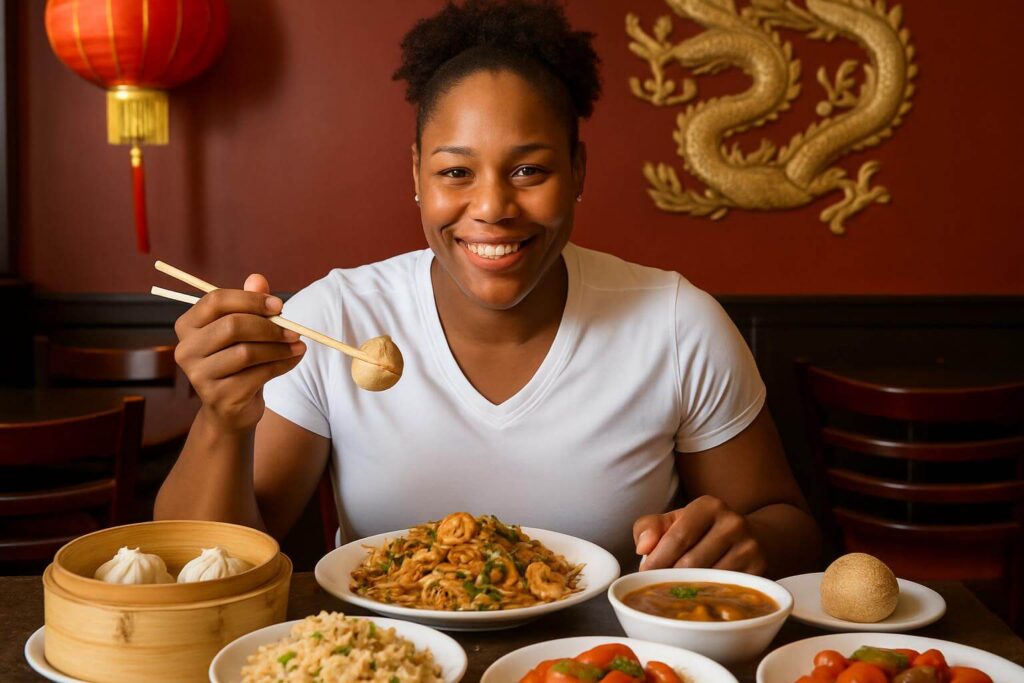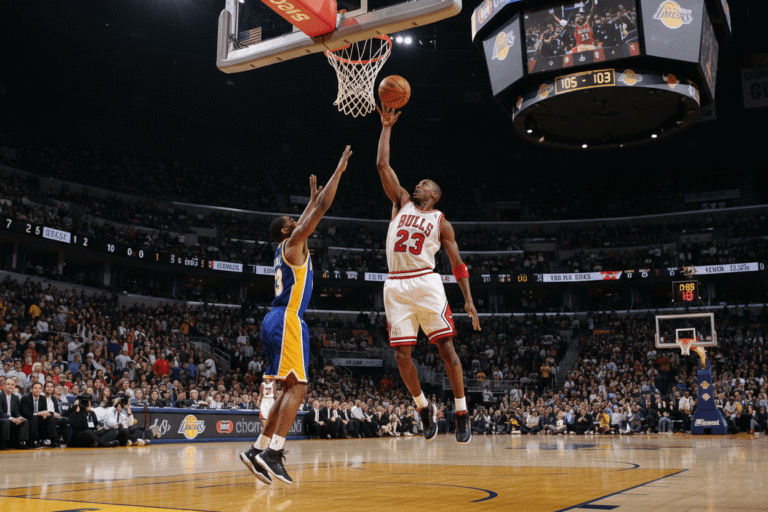
The Incident in Shenzhen
In April 2025, Taylor Townsend travelled with Team USA to Shenzhen for the Billie Jean King Cup. She visited a local market where vendors sold live frogs, turtles, and other animals used in traditional Chinese cooking. Like many athletes, she shared her experiences on social media. But the videos sparked more heat than expected. Townsend laughed, looked shocked, and made remarks about the food being unsafe. She even joked about calling “HR” after watching frogs being prepared. Within hours, those clips went viral. Fans in China and beyond accused her of mocking the culture and showing disrespect.
The Reaction and Outrage
The backlash was swift. Many said Townsend’s comments crossed the line from surprise into insult. Critics argued that mocking food is not innocent, but tied to long-standing stereotypes about Asian culture. Chinese cuisine has thousands of years of history and variety, from regional specialties like Sichuan spice to Cantonese soups. Yet the clips gave the impression of fear and ridicule. On social media, users reminded Townsend that what looks unusual to one culture is daily tradition for another. Athletes, they said, carry the weight of global attention and must act with care.
Townsend’s Apology
Facing growing criticism, Townsend released an apology. She admitted her words were poorly chosen and did not reflect her true respect for Chinese people and traditions. She explained that her shock was genuine but not meant to insult. Townsend promised to learn from the episode and to be more thoughtful in the future. Some fans accepted the apology. Others remained upset, pointing out that damage had already been done. For Townsend, it became a lesson in how quickly public words can spread and how deeply they can cut.
Chinese Cuisine in Context
The controversy also opened a wider discussion. Chinese cuisine is one of the world’s most celebrated food traditions. It spans thousands of dishes, from simple noodles to elaborate banquets. Ingredients like frogs or turtles may surprise outsiders, but they carry cultural meaning and nutritional value. For centuries, Chinese cooks have used every part of nature in creative ways. What seems shocking to visitors is often rooted in long history. The Townsend incident reminded people how important it is to look deeper before judging. Food is not just fuel. It is memory, culture, and identity.
The Twist of Irony
The Townsend story gained even more attention because of her past words on racism. She has openly spoken about how tennis treats Black players differently. She has described being mistaken for Venus or Serena Williams, or being stopped more often at security. Her fight against bias won her support. Yet now, she found herself accused of showing bias toward another culture. The irony struck many. It showed that prejudice is not a one-way street. Anyone, even someone who suffers from bias, can slip into stereotyping. That twist gave the story a sharper edge.
Lessons for Sport and Culture
What can athletes learn from this? First, cultural awareness matters. Sports stars travel worldwide. They eat local food, meet local fans, and represent more than themselves. Respect builds bridges. Mockery builds walls. Second, social media magnifies every word. A short clip, meant as a joke, can spread globally in seconds. Finally, this story shows how food sits at the heart of identity. To laugh at cuisine is to laugh at culture. Townsend’s apology was important, but the deeper lesson was bigger: global athletes must see the world not just with curiosity, but with respect.
Closing Thoughts
Taylor Townsend and Chinese cuisine became a headline not because of food alone, but because of culture, history, and responsibility. The story mixed tennis with tradition, apology with awareness, and shock with reflection. It showed how easily a moment can shift from humor to harm. But it also opened space for learning. If anything, this controversy proved that sports and culture are never separate. They shape each other, and they challenge us to grow.






